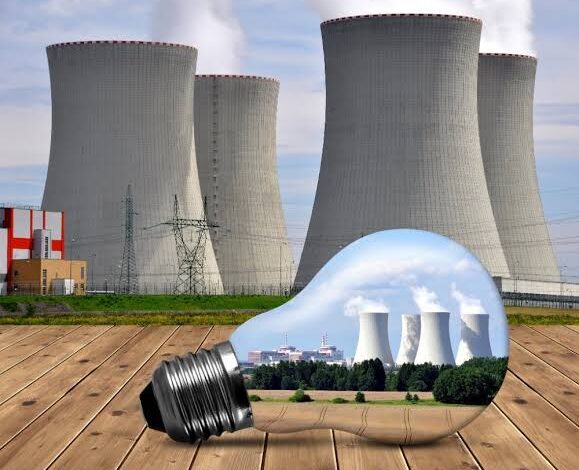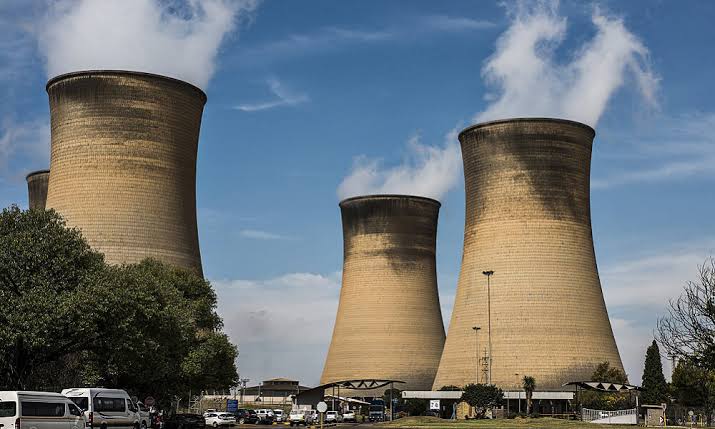
Faith Nyasuguta
The United States and Russia are in competition with China, France, and South Korea to construct Ghana’s first nuclear power plant.
Ghana is expected to select a company by December, with contenders including France’s EDF, U.S.-based NuScale Power and Regnum Technology Group, and China National Nuclear Corporation, according to Reuters.
South Korea’s Kepco, along with its subsidiary Korea Hydro Nuclear Power Corporation, and Russia’s ROSATOM, are also in the running, stated Robert Sogbadji, Deputy Director for Power in charge of Nuclear and Alternative Energy.
“Cabinet will approve the final choice. It can be one vendor or two nations; it will depend on the financial model and the technical details,” Sogbadji said.
Ghana’s journey to nuclear energy began in the 1960s but was interrupted by a coup. The initiative was revived in 2006 with support from the International Atomic Energy Agency following a severe power crisis that year.
Nuclear energy in Africa is gaining traction as countries seek low-carbon solutions to expand electricity access. Over 600 million people on the continent still lack reliable power. Ghana is among several West African nations exploring nuclear power to address this issue.

Burkina Faso and Uganda have both signed agreements with Russia and China to build their first nuclear power plants. Kenya, Morocco, and Namibia are also working on integrating nuclear energy into their power grids.
South Africa, which currently operates Africa’s only nuclear power plant, plans to add 2,500 megawatts (MW) of nuclear power to combat severe power shortages. Sogbadji noted that Ghana aims to add approximately 1,000 MW of nuclear power to its electricity mix by 2034.
Presently, Ghana faces power outages and has an installed capacity of 5,454 MW, of which 4,483 MW is available, according to the nation’s energy regulator.
In March, Burkina Faso and Russia’s state corporation Rosatom indicated they were close to finalizing a nuclear deal, with both sides in the process of signing a road map to build a nuclear reactor in Burkina Faso. This aligns with Russia’s strategy to bolster its influence in Africa.
The deal originated in October of the previous year, when Rosatom signed a memorandum of understanding with Burkina Faso to construct a nuclear-powered facility.

Ghana’s move towards nuclear energy reflects a broader trend in West Africa, where countries are seeking sustainable and reliable power sources to fuel their development and improve the quality of life for their populations.
RELATED:




